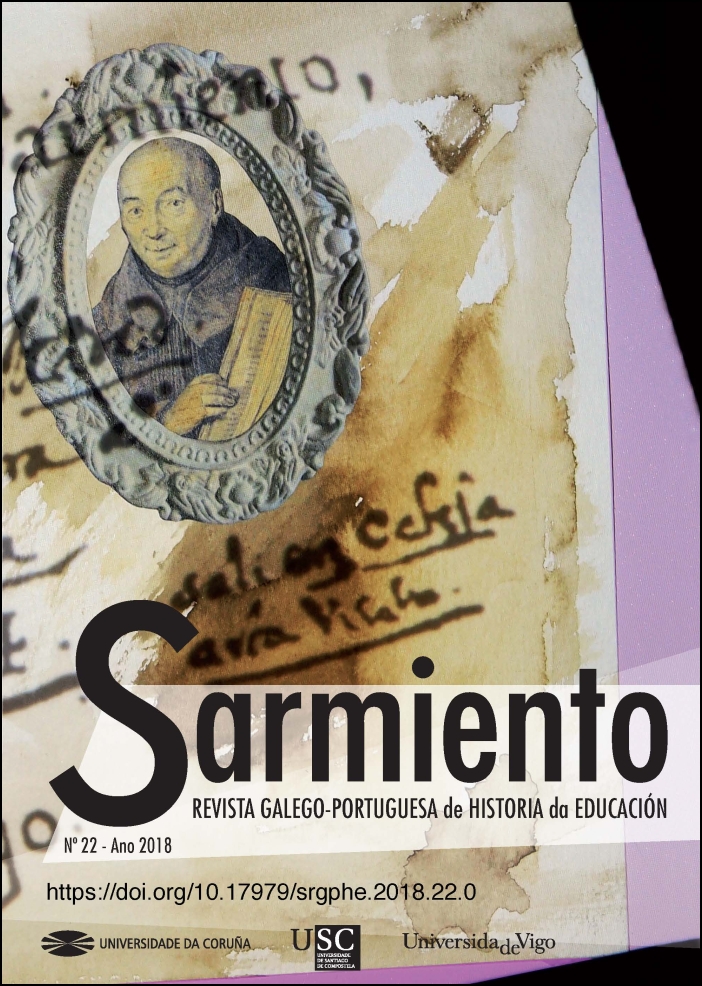«With every Nursery School that opens, an infirmary closes». Raising and educating children in Portugal’s New State
Main Article Content
Abstract
The analysis focuses on the Casas da Criança (Nursery School) program included in the social and educational work developed by the General Board of the District of Coimbra, the Board of the Province of Beira Litoral and the Board of the District of Coimbra, led by Fernando Bissaya Barreto, between 1927 and 1974. The program is discussed from the standpoint of pro-innovation bias in education in terms of the introduction of new ideas and the process of reshaping our relationship with knowledge and power. We address a multivariate set of archival sources, e.g. admission procedures to the Casas da Criança, minutes books, plans and elevations, photographs and a series of studies done by trainees. Noteworthy among the published sources are the printed media and some of the contemporary publications of the events. The documentary works were examined using the critical method and a content analysis. The triangulation of data sources was also used to obtain a more comprehensive reading. A complex understanding of the educational situation was obtained, with insight into the dimensions of educational innovation and its limits.







